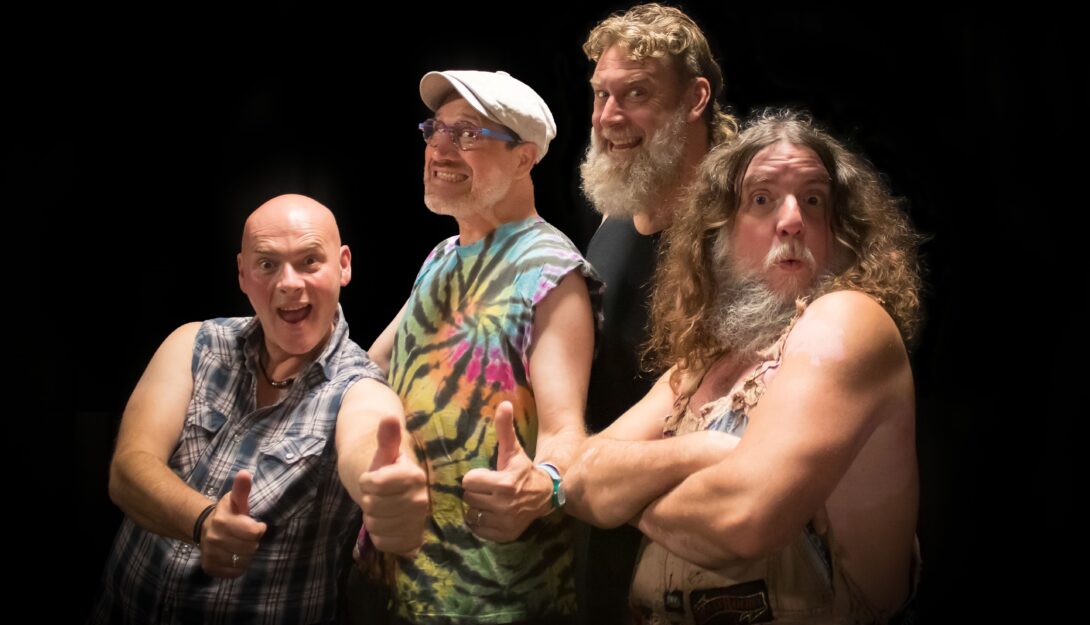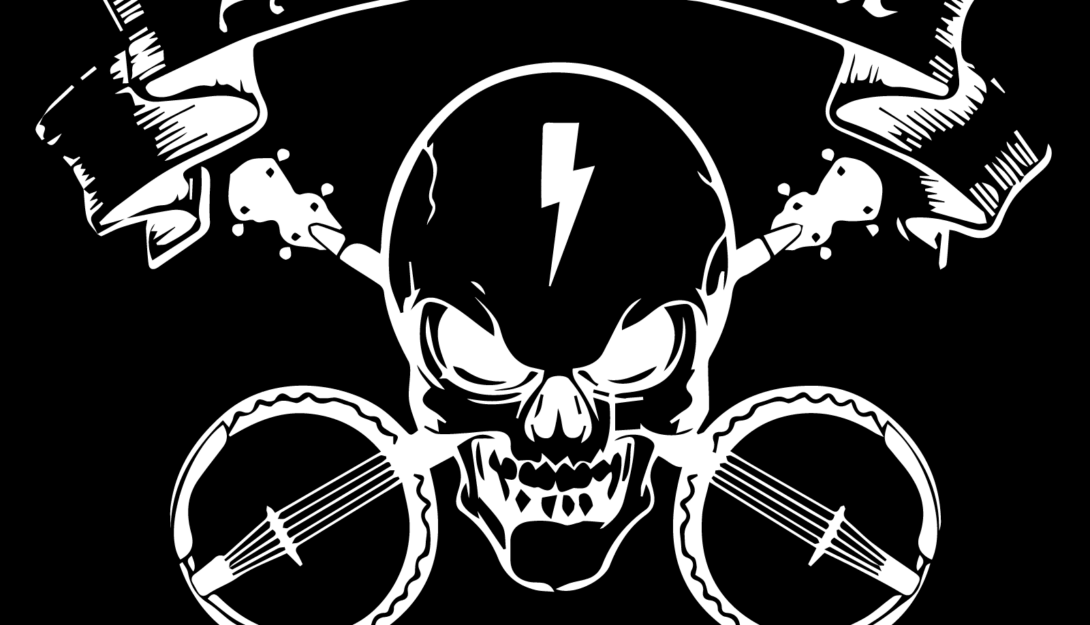Hayseed Dixie began in the Summer of 2000, when Barley Scotch (aka John Wheeler) stumbled across a wrecked car on an isolated mountain road in the hills of Deer Lick Holler, East Tennessee.
While going through the car (as one does in such a situation), Brother Barley found a collection of vinyl record albums by a group he had never heard of called AC/DC.
Taking these records back to town and playing them for his buddies on the only thing they had to play them on, a 78rpm Victrola, nobody had heard such sounds since the last time Uncle Virgil caught his leg in the grain elevator, and it was forthright revealed to Barley Scotch and the boys that the Lost Highway of Hank Williams and the Highway To Hell on these albums were in fact the very same damn road.
The boys set out to record some of these new songs in their own mountain music style, and thus was recorded the first Hayseed Dixie album, “A Hillbilly Tribute To AC/DC” which contained stark-raving-plastered re-workings of 10 classic AC/DC songs.
Released worldwide on April 17, 2001, and much to the surprise of everyone involved, this debut album proceeded to sell more than 200,000 copies in the US in its first year of its release.
So the boys hit the road in the Summer of 2001 to play some live shows, chase some women, and drink some beer and whiskey. And they haven’t stopped since.
Since 2001, Hayseed Dixie have released 16 studio albums, a Halloween EP, and a double live album recorded in Glasgow, Scotland.
All of these can be streamed wherever you like to do that.
Some of them can be bought on much better sounding vinyl LP, and this is what we recommend if you actually care about sound quality.
“Shattered Grass” is the most recent Hayseed Dixie album, and it is their greatest album ever. Of course it is. It’s their most recent album and thus it’s the album the band are the least sick of.
SUPPORT – Kit Trigg
“I enjoyed this and . . . on further investigation . . . it’s not good . . . it’s fabulous
”
Brian May
“Superlative musicians with a deep love and understanding of the dynamics of both modern rock and ancient hillbilly music”
The Times




